In the third of this new series of interviews, Iain Martin, presenter of The Ski Podcast, chats with British snowboarding legend Lesley McKenna
Lesley McKenna was the first British snowboarder to compete at the Winter Olympics and the first to win a World Cup Halfpipe title. She went on to become coach of the successful GB Park & Pipe team, plus she’s a filmmaker, avid ski tourer and much more.
Her recent film Thrawn – about her connection to the Cairngorms – recently premiered at the Kendal Mountain Film Festival.
Iain Martin: Am I right in thinking that your family is from the Highlands?
Lesley McKenna: My mum and dad moved here in their twenties, but they weren’t born in the Highlands. My dad’s from Glasgow originally. My mum’s from Dundee. I was born in Inverness. So we’re not quite locals in the grand scheme of things, as there are families whose ancestors have been here for hundreds of years.
And both your parents were ski instructors?
Yes, at different points. My dad learnt to ski through climbing and then moved up here and ran the ski patrol, and eventually became a BASI trainer. My mum was an instructor for a time, but went back to teaching PE.
But your connection to the area goes even further than that, as your grandfather was one of the original Scottish ski pioneers?
My granddad worked in Canada for a while and when he came back in the late ‘50s, he brought some skis with him. He used to come up to Glenmore every weekend with his family, camping and walking up the mountain to wherever there was snow to go skiing. The lovely thing is that my granddad was a film enthusiast – so he captured all these experiences on Super 8 film, which is just magical.
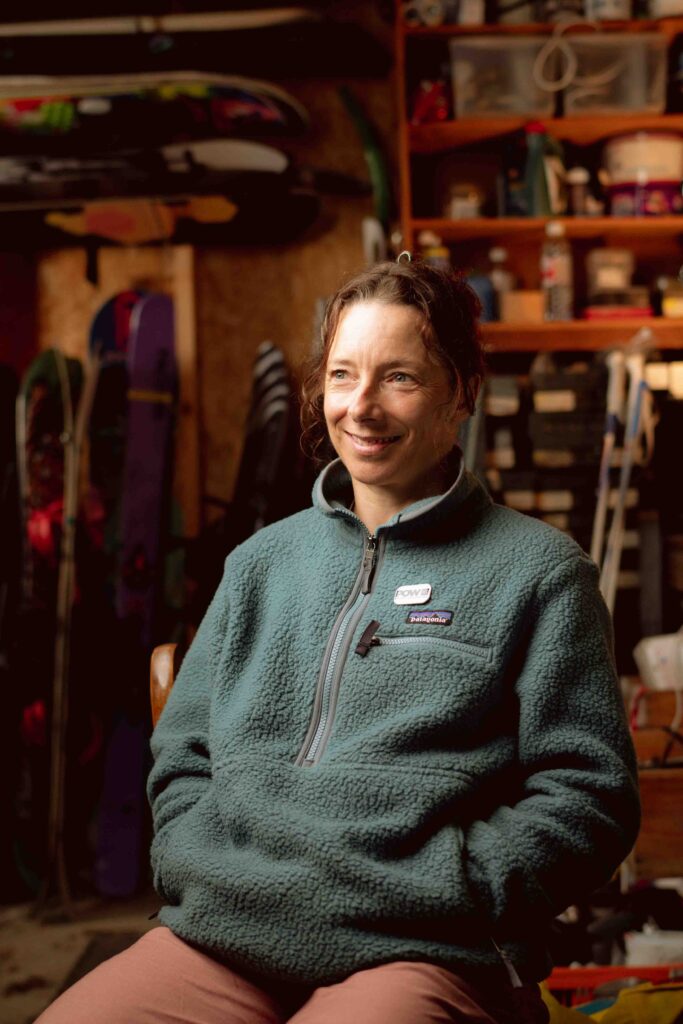
Thinking about your career, was it during your season in Jackson Hole that you got into racing?
They have an iconic downhill race in Jackson Hole, which I decided to enter. Somebody lent me a pair of 224 Atomic skis [Lesley is 160cm tall!] and I thought, “OK, let’s try this!”
But as I was flying down the course, one ski came off and I ended up in the trees. God knows how fast I was going! It could have been way worse, but I managed to break some ribs and beat myself up pretty badly. But after that injury, I decided that I wanted to stick with it.
Every time I get injured, it just cements my belief and my focus on keeping going. That injury was the first time that that I’d gone through that process and it put me on the pathway to joining the British Alpine ski team.
And how did you transition to snowboarding?
I ended up spending three seasons on the British ski team, but it was so expensive and I was struggling to make it work. I wanted to keep going, but then I came across snowboarding and I just fell in love with it. I took a course and it ended with me being invited to compete at The Brits, which was kind of unheard of.
Then, at the British ski champs in Tignes, I had a crash and a massive bruise on my shin meant I couldn’t wear my ski boots but could still wear my soft snowboard boots. And the British snowboarding champs were on just down the road in Meribel, so I hitched a lift over and never looked back.
Did you feel like an outsider?
No, I felt very welcomed and was massively encouraged by the snowboarding community. Of course, I got a fair amount of jibes and jokes about having a ski style or whatever, but it was all in good jest.
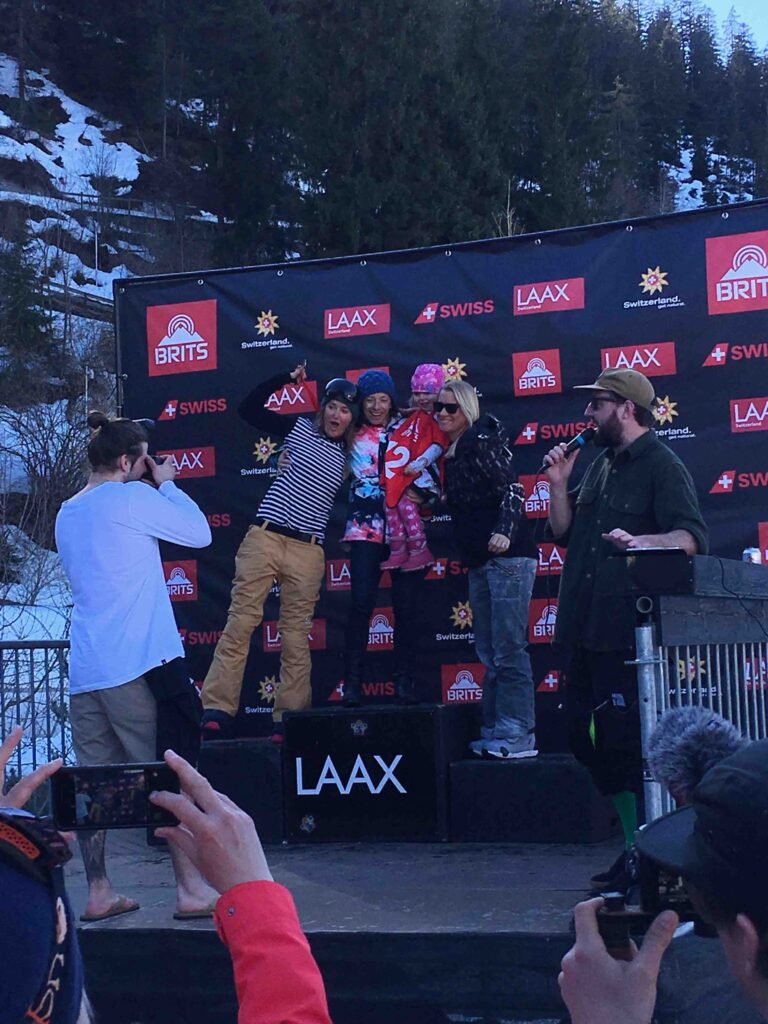
To start off with you focussed on slalom – how did the transition to halfpipe come about?
From my background in skiing, I knew how to race: going fast, reading a line, inspecting a course. Whereas the freestyle side of snowboarding was completely new and different, and I probably liked that more from the start.
As I was on the Burton team, I got to go into a few camps with them, which was hugely beneficial. I got some great coaching tips, and through the camps I met other athletes, and ended up training with the French team. And they said: “OK, this is wild. You clearly can’t turn your snowboard properly, but let’s try and get you to the Olympics.”
You just missed out on the Nagano Olympics, but you did make it to Salt Lake City, Turin and Vancouver. Your Olympic results never really matched your World Cup results however – for example, you were the first UK snowboarder to win a World Cup halfpipe…
The Olympics never worked for me, because I tried too hard – I was prepared to everything on the line and probably didn’t have enough high-level training facilities and opportunities to really nail down the most difficult tricks that I was doing. But the Olympics were just part of the journey – part of a bigger picture; the passion and the drive came from learning about myself, my community, and this is more valuable to me personally than a medal or badge.
You were in Salt Lake City in 2002 when your cousin, Alain Baxter, made British Olympic skiing history and won bronze in the slalom and then tragically had it taken away…
It still gives me tingles up and down my spine. For me, Alain will always be the winner of that bronze medal. Me and Alain are six months apart in age. We were more like brother and sister when we were growing up. We did everything together, from camping trips to our first years on the Cairngorm Ski Club together.
So to be there when he won that bronze medal, knowing what he’d gone through to get there: it was such a huge achievement. The celebration afterwards was special. There were people from Aviemore up in the stands who’d gone to support Alain, all wearing kilts and ginger wigs with tartan bonnets.
One of my key memories is from the early hours of that morning and I’m sitting on the couch with Alain on one side and Noel [Alain’s brother] on the other. And, you know, we’re just looking at that medal. It was such a poignant moment.
How did you get involved in the record-breaking GB Snowsports team that produced medals at the Sochi and Pyeongchang Winter Games?
It was a natural progression. I worked for Roxy as a team manager and set up the Roxy Futures program. Through that I started to work more with the senior Roxy athletes, so by the time I went to Vancouver in 2010 I was actually a coach, athlete and manager.
The big change was when UK Sport funded the Park & Pipe program. Paddy Mortimer, the performance director at the time, got a group together with Pat Sharples, Hamish McKnight and me. We worked closely as a three and set up that initial GB Park & Pipe team.
We were very explicit about taking a values-based approach to setting up the team and promoting the learning environment, the buy in, and working with the comms team to promote stories of progress. It was the funding that made all that possible.
Now you run your own ski touring business, Wandering Workshops. Was that a response to lockdown and people’s greater appreciation of nature?
I think it’s played into it. What lockdown did was align everybody else to a view that I already had. I’ve always had a deep connection with nature. And since I was young my passion has been just to get on my bike or put my running shoes on and get out into the hills. Ski touring or splitboarding is the same kind of experience for me.
Wandering Workshops is about building shared understanding and connection to self. That could be building the narrative through photographs or self-understanding.
I guess it’s quite a philosophical endeavour as well. That process of learning through doing, learning through sport, learning about yourself, how you work physically, mentally and emotionally and your relationship with others is something I took throughout my whole career.
The Ski Podcast is an award-winning podcast with over 200 episodes. You can listen to all episodes on Spotify, Apple Podcasts or wherever you download your podcasts. Listen to Iain’s full interview with Lesley McKenna here:
Check out Iain’s other interviews from his Chairlift Chats With… series:

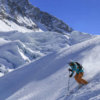
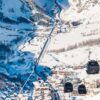
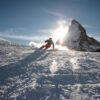
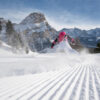
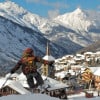
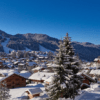
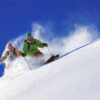
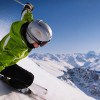
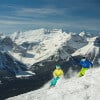
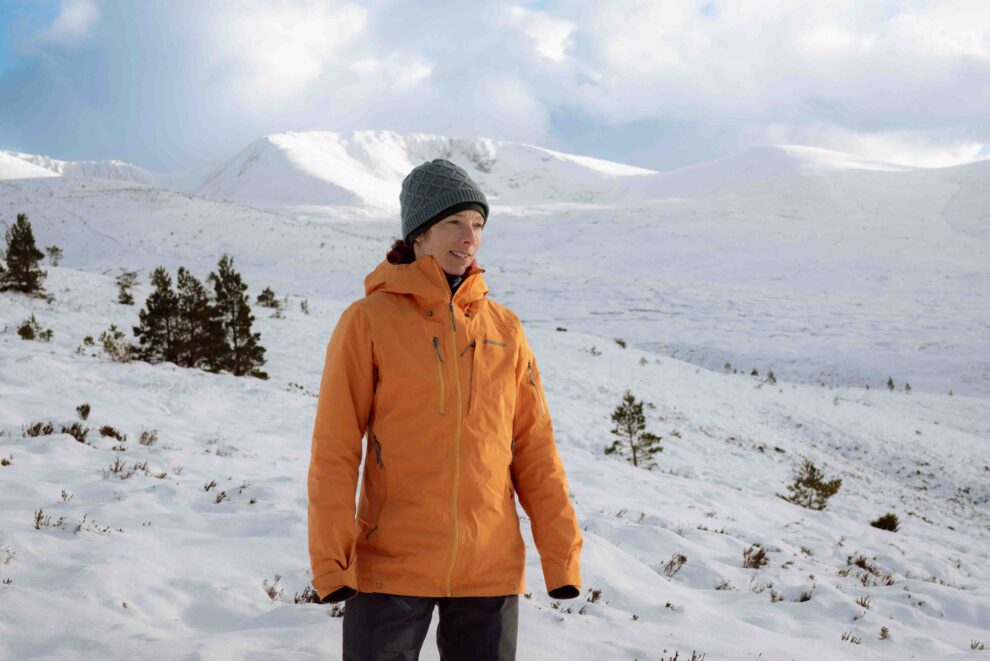
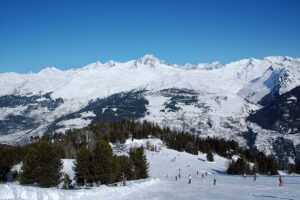
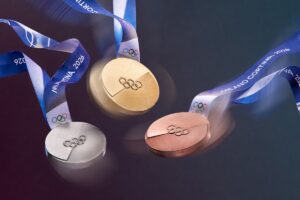
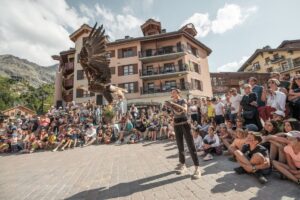
Add Comment